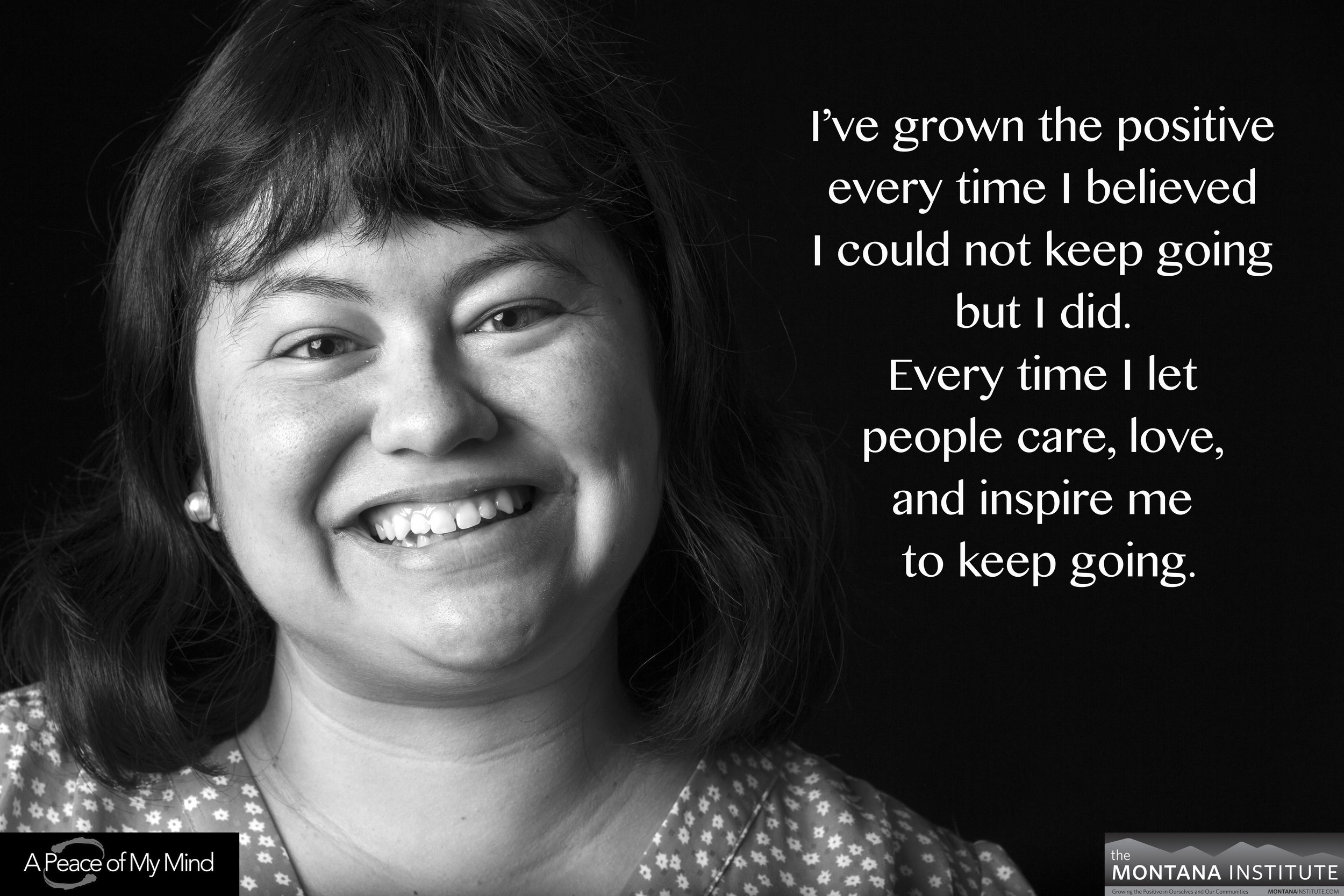Tuning Into A Fluid Reality.
/The Science of the Positive is based upon Seven Core Principles that help to orient and focus our work through a process of updating our perspectives to match reality. We clearly see this process working when we measure gaps between perceptions of social norms and compare them to actual social norms. However, the power of the core principles goes beyond an external-only focus towards other people, and social conditions, and is very powerful at transforming us as individuals as well.
Principle 2 – Being Present- is about focusing on the ever-shifting, fluid reality that is happening all around us. It is also a core principle because while the external world is in constant flux, so too is our internal experience of who we are. A recent neuroscience study discussed in Quartz - "Neuroscience backs up the Buddhist belief the self isn't constant but ever-changing" - underlines this process by independently confirming what Buddhist (and other ancient spiritual worldviews) have long understood – that the ‘self’ isn’t constant but is constantly changing.
“Buddhists argue that nothing is constant, everything changes through time, you have a constantly changing stream of consciousness,” Evan Thompson, a philosophy of mind professor at the University of British Columbia, tells Quartz. “And from a neuroscience perspective, the brain and body is constantly in flux. There’s nothing that corresponds to the sense that there’s an unchanging self.”
Core Principle 2 – Being Present is a reminder to us of our need to be constantly practicing mindfulness – to see the ever-shifting world around us. This critical skill, of being present and looking deeply to see things as they are, and are shifting, is a skill that all of us can cultivate and benefit from in our work, our personal lives and in all of our relationships.
It is interesting to note, that with the 7 Core Principles, Core Principle 2 – Being Present, comes before Core Principle 3 – Being Perceptive. Indeed, tuning into a fluid reality impacts what we perceive, see and experience.
I curious what you think about all of this, and how you tune in? I am also hoping you will share your thoughts in the Comments section below. Thanks.
(Photo - http://qz.com/506229/neuroscience-backs-up-the-buddhist-belief-that-the-self-isnt-constant-but-ever-changing/)




